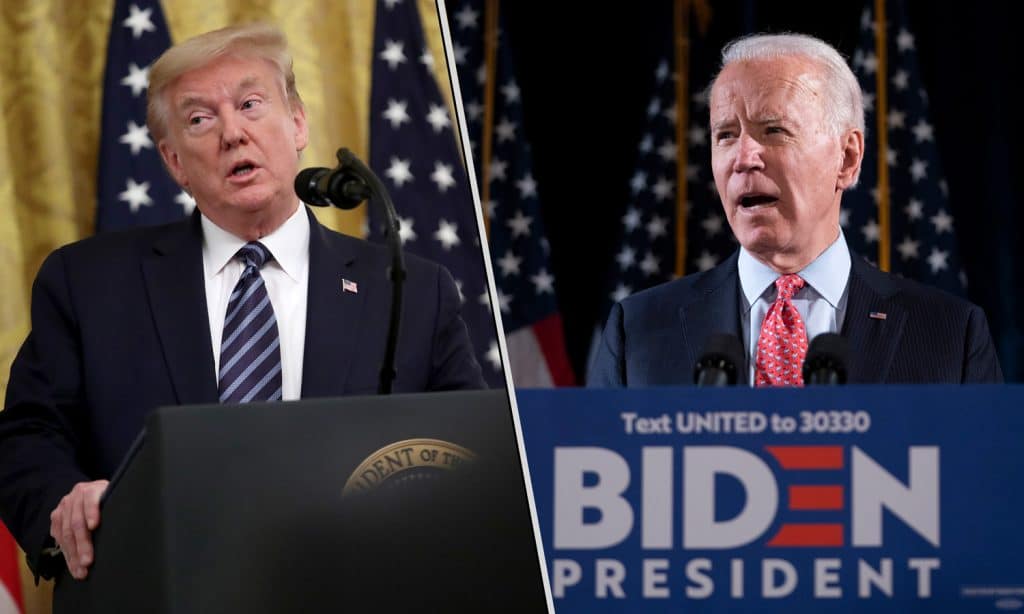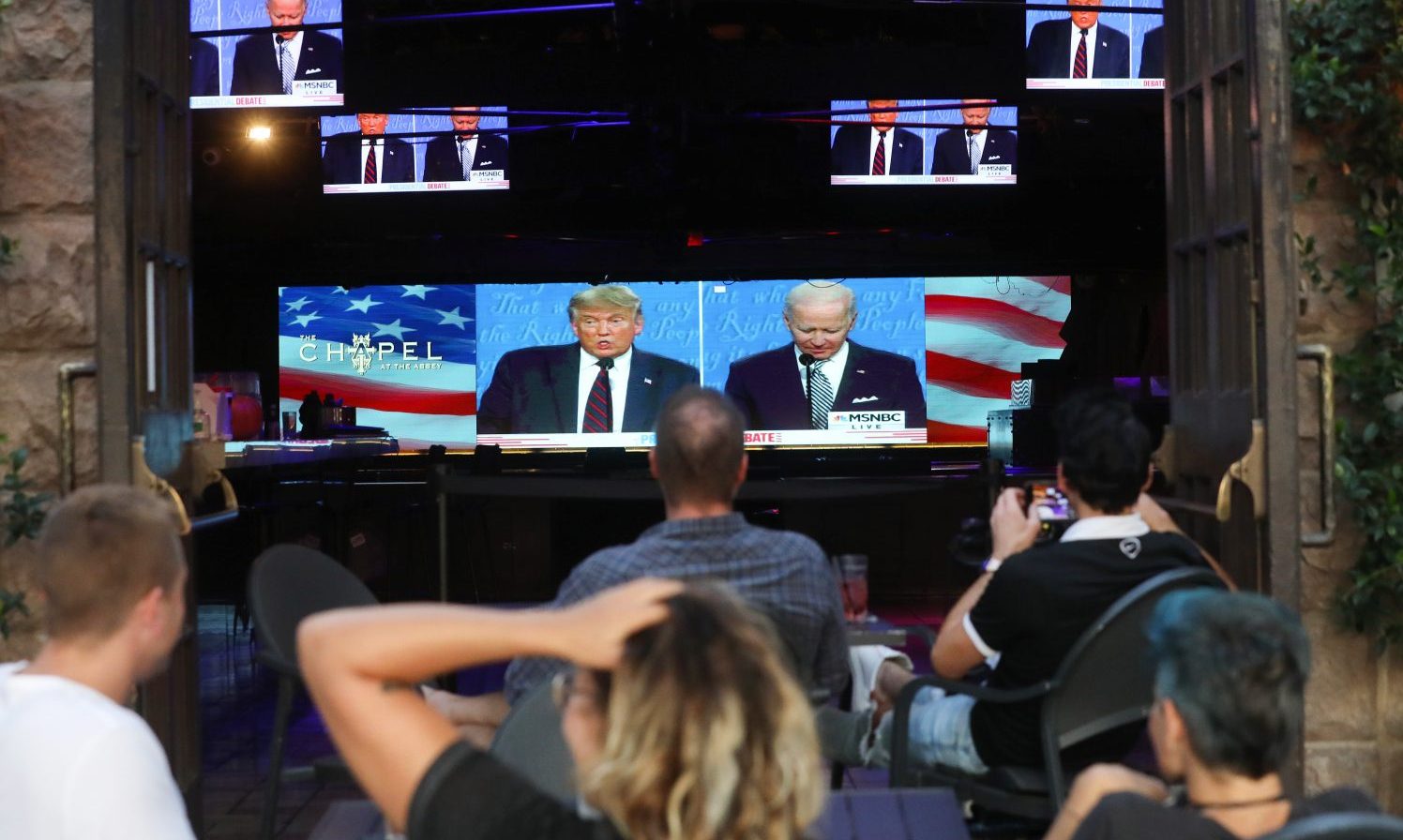What the presidential debate last night showed most Americans is that such a setting will not be a resource to help answer their questions.
During the first Presidential debate of the 2020 cycle, Americans were exposed to a largely out-of-control event in which very little policy was covered. This happened in large part because of a moderator who was largely out of control and one candidate—President Donald Trump—employing a strategy focused on interrupting his opponent, former Vice President Joe Biden. What is lost, of course, in a substance-free, 90-minute debate is for voters to get a better understanding of what the candidates stand for, leaving them to remain uninformed or put the onus on them to find that information themselves.
Although the moderator, Fox News anchor Chris Wallace, focused on a series of important issues—the economy, the pandemic, voting, and race relations—an opportunity was missed to accomplish a substantive discussion. It also reflects that having a few debates focused on covering a multitude of issues ensures that the details are the victim.
One set of issues that Wallace asked about involved race relations, policing, protesting, and rioting. The candidates said little that mattered, and it demonstrated a weakness in this debate format. These issues should be the topic of a debate in itself for a variety of reasons.
RELATED: Where The Presidential Candidates Stand On Marijuana Legalization
First, Democrats, Republicans, and independents all feel that those issues are among the most important right now. Recent polling reflects this fact, and as stories related to these issues fill airwaves, newspapers, and blogs, the American public is continuously reminded of these policies and their associated problems.
Second, the parties feel quite differently about why those issues are problems and what solutions should look like, and that is exactly the point of a debate! These issues are divisive among politicians and, of course, among the public as well. Hearing the candidates discuss the contours of the current situation, the challenges the present, and the manner in which the president will work with Congress and state and local officials to achieve resolution is key.

Third, issues of race and criminal justice are just a doorway into discussing a variety of other, related and important issues. Policing policy, racial discrimination in economic settings (housing, employment, education, etc.), drug policy more broadly, cannabis reform policy specifically, and other issues all serve as important parts of the conversation. What’s more, while the current state of policy and politics in this area is fraught with polarizing, many of the sub-parts of the conversation rally significant bipartisan support.
An effective debate—and a debate most Americans would like to listen to—involves presidential candidates disagreeing about items like police reform and racial bias in use of force, while doing as the public does and find common ground on issues including over-incarceration and cannabis reform.
RELATED: The Deafening Silence Of Cannabis In The Democratic Debate
Shouting over an opponent, losing control of a debate, and deflecting from the questions a moderator ask may serve as a strategy in modern presidential debates. However, such approaches create real problems for the democracy. First, voters remain underinformed, and that comes with additional risks in 2020. Expecting Americans facing both public health and economic crises to take any additional time to hunt down candidates’ policy views, may be asking a lot of them.
Second, it further solidifies many Americans’ disgust with the state of affairs of politics and distrust of our governing institutions. That breeds a cynicism that spills over into decisions around whether to vote, for whom to vote, and how else to engage with and learn about the political system. Finally, it telegraphs to Americans a growing sentiment: that politicians don’t care about their concerns.
Surely, presidential candidates cannot be expected to discuss every issue that concerns every American. But what the presidential debate last night showed most Americans is that such a setting will not be a resource to help answer their questions. Perhaps the next two debates will be different. Perhaps those debates will be better controlled and more focused on issues. Perhaps the candidates will take different strategic approaches. But perhaps, too, the damage has been done, and many fewer Americans will opt to look away, rather than tune in.
John Hudak, Senior Fellow, Brookings Institution.


